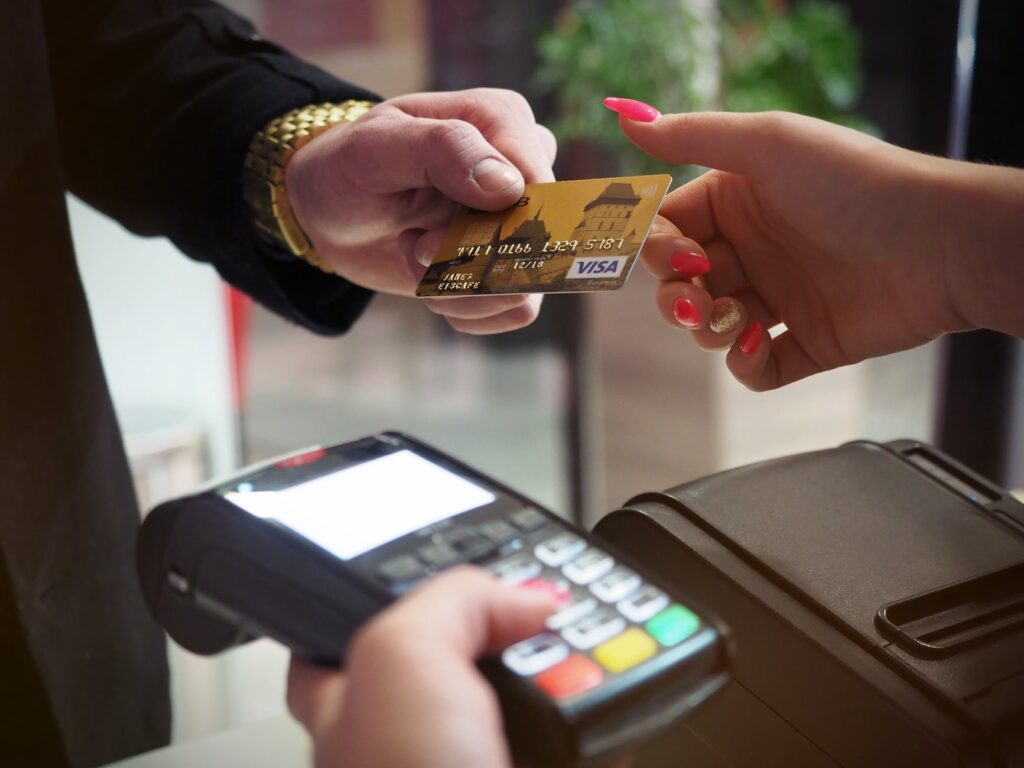Tagline: Exploring the landscape of digital payment solutions in Africa.
Introduction
In recent years, Africa has seen a significant increase in the adoption of digital payment solutions. With the rise of mobile technology and the internet, more and more people are turning to digital payment solutions as a convenient and secure way to make transactions. This trend has been driven by a number of factors, including the growth of e-commerce, the need for financial inclusion, and the increasing use of mobile devices. In this article, we will explore the various digital payment solutions that are available in Africa and how they are changing the way people do business on the continent. We will also examine the challenges that still exist in the adoption of these solutions and what needs to be done to overcome them.
Overview of Digital Payment Solutions in Africa
Digital payment solutions have revolutionized the way people transact in Africa. The continent has been experiencing a rapid growth in the adoption of digital payment solutions, with more and more people embracing the convenience and security that comes with these solutions. In this article, we will take a closer look at the overview of digital payment solutions in Africa.
One of the main drivers of the growth of digital payment solutions in Africa is the increasing penetration of mobile phones. According to the GSMA, there are over 747 million unique mobile subscribers in Africa, making it the second-largest mobile market in the world. This has created a huge opportunity for digital payment solutions providers to offer their services to a large and growing market.
Another factor that has contributed to the growth of digital payment solutions in Africa is the increasing need for financial inclusion. Many people in Africa do not have access to traditional banking services, and digital payment solutions have provided a way for them to access financial services. This has helped to reduce the financial exclusion gap in Africa, and has enabled more people to participate in the formal economy.
Digital payment solutions in Africa come in different forms, including mobile money, mobile banking, and online payment platforms. Mobile money is the most popular form of digital payment solution in Africa, with over 160 million active users across the continent. Mobile money allows users to send and receive money, pay bills, and buy goods and services using their mobile phones. This has made it easier for people to transact, especially in areas where traditional banking services are not available.
Mobile banking is another form of digital payment solution that is gaining popularity in Africa. Mobile banking allows users to access banking services using their mobile phones, including checking account balances, transferring money, and paying bills. This has made it easier for people to access banking services, especially in areas where traditional banking services are not available.
Online payment platforms are also gaining popularity in Africa, especially among businesses that want to accept payments online. Online payment platforms allow businesses to accept payments from customers using their websites or mobile apps. This has made it easier for businesses to sell their products and services online, and has enabled them to reach a wider audience.
One of the challenges facing digital payment solutions in Africa is the lack of interoperability between different platforms. This means that users of different platforms cannot transact with each other, which limits the usefulness of digital payment solutions. However, efforts are being made to address this challenge, with some countries implementing interoperability frameworks that allow users of different platforms to transact with each other.
Another challenge facing digital payment solutions in Africa is the lack of trust in digital transactions. Many people in Africa are still skeptical about digital payment solutions, and prefer to use cash for their transactions. This is partly due to the lack of awareness about the security features of digital payment solutions, and the fear of fraud and cybercrime.
In conclusion, digital payment solutions have transformed the way people transact in Africa. The increasing penetration of mobile phones, the need for financial inclusion, and the convenience and security of digital payment solutions have contributed to their rapid growth in the continent. While there are still challenges facing digital payment solutions in Africa, efforts are being made to address them, and the future looks bright for digital payment solutions in the continent.
Conclusion
In conclusion, digital payment solutions have revolutionized the way people in Africa conduct financial transactions. The adoption of mobile money has been a game-changer, especially in countries where traditional banking services are limited. The convenience, affordability, and accessibility of digital payment solutions have made it possible for millions of people to access financial services that were previously out of reach.
However, there are still challenges that need to be addressed to ensure that digital payment solutions are accessible to everyone in Africa. These challenges include the lack of infrastructure, low levels of financial literacy, and the high cost of data. Governments and private sector players need to work together to address these challenges and create an enabling environment for the growth of digital payment solutions.
The future of digital payment solutions in Africa looks bright. With the increasing adoption of mobile phones and the growth of e-commerce, digital payment solutions are set to become even more popular in the coming years. As more people embrace digital payment solutions, the continent will become more financially inclusive, and more people will be able to access financial services that were previously out of reach.


